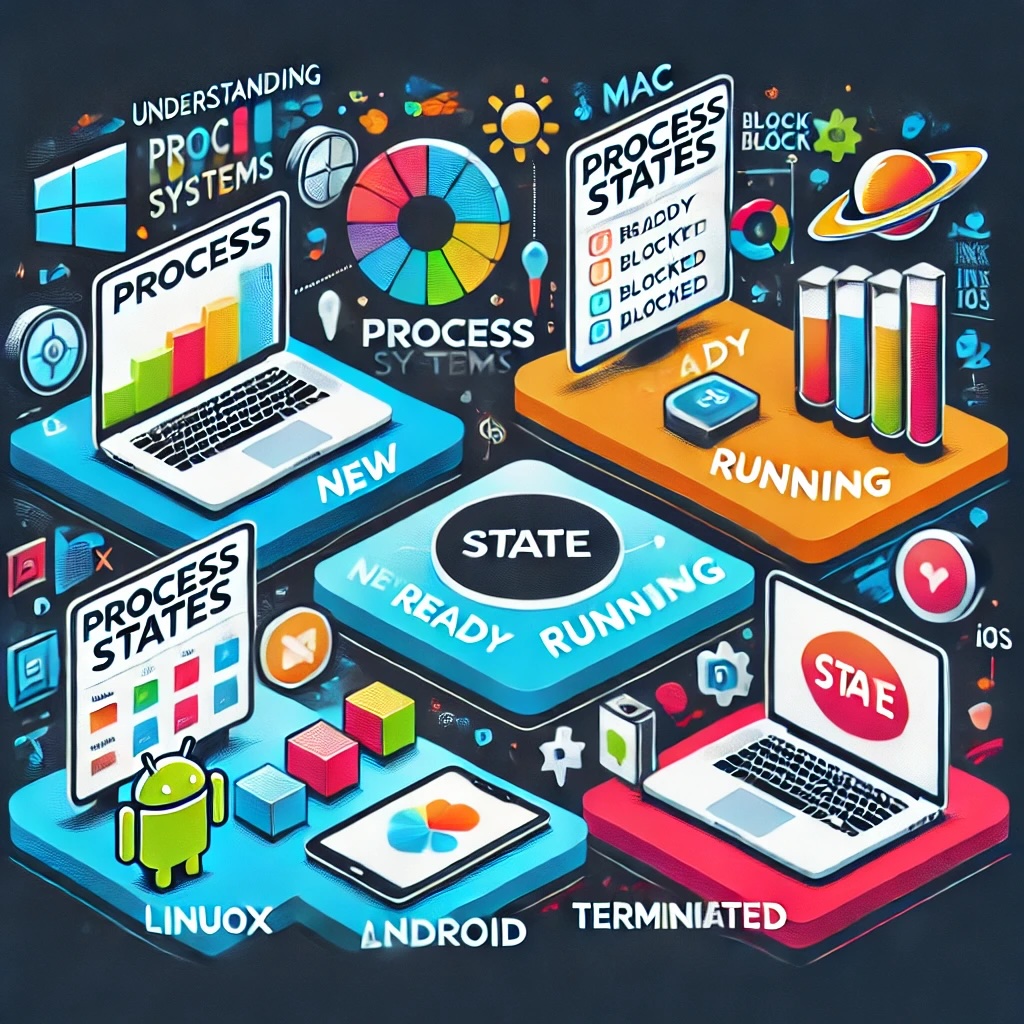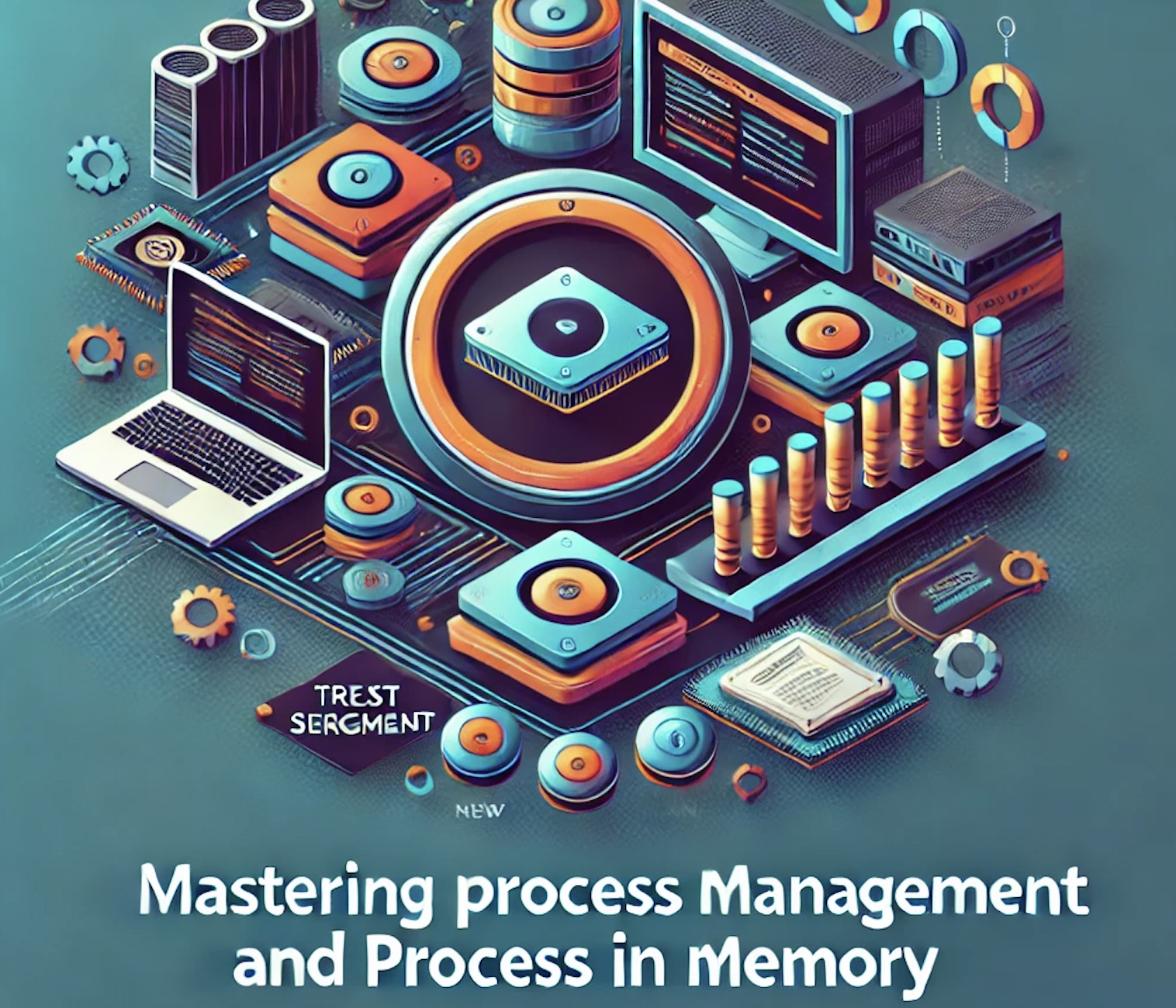Introduction to Process Scheduling In computing, scheduling refers to the method by which work specified by some means is assigned to resources that complete the work. The work may be processes, threads, or data flows, and the resources may be …
Introduction In multitasking operating systems, processes can exist in various states, each representing a phase in the process lifecycle. Understanding these states is crucial for anyone studying computer science or preparing for competitive exams like GATE, UGC NET, and others. …
Introduction The Process Control Block (PCB) is a fundamental data structure in operating systems, crucial for managing processes. It stores essential information about each process, playing a key role in process management, scheduling, and resource allocation. This comprehensive guide will …
Introduction Operating systems (OS) are essential for the functioning of modern computing devices. They manage hardware resources, provide a user interface, and facilitate the execution of applications. This article provides an in-depth look at OS operations and attributes across four …
Introduction Process management and process in memory are fundamental concepts in operating systems. They are crucial for efficient and effective system performance. This comprehensive guide will delve into these topics, providing detailed explanations, practical applications, and real-world examples. Whether you’re …








